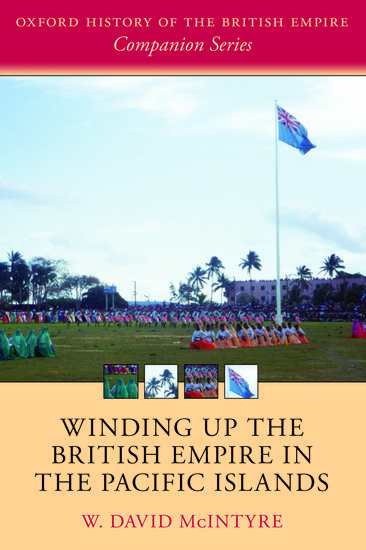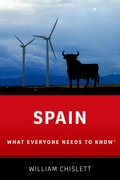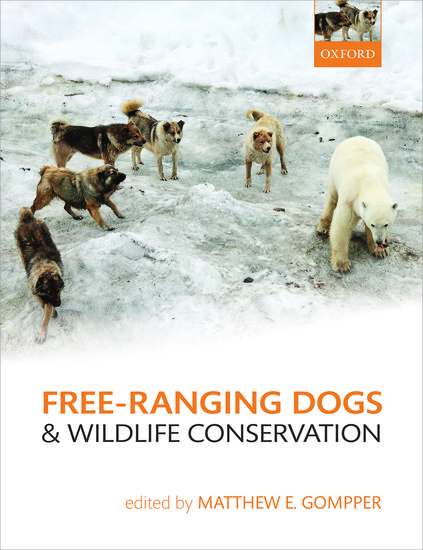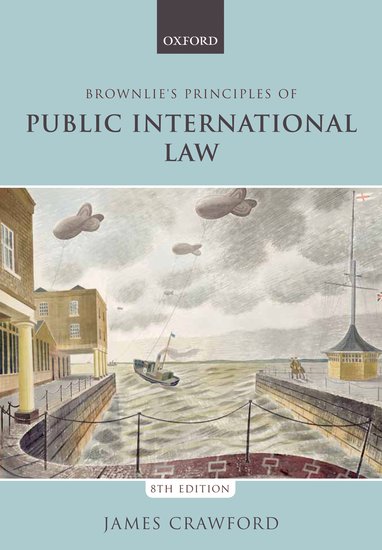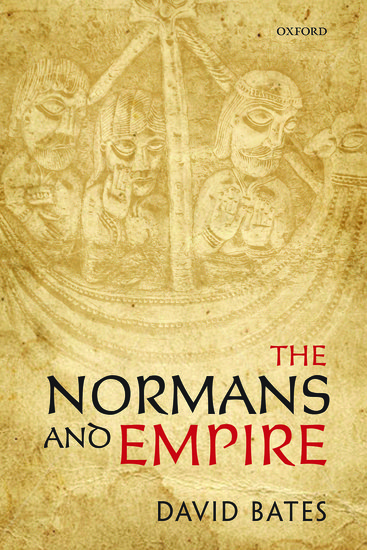Global Opioid Access: WHO accelerates the pace, but we still need to do more
By Nathan Cherny
I hate pain. I am appalled by the global scope of untreated and unrelieved cancer pain. At the initiative of its Palliative Care Working Group, the European Society for Medical Oncology (ESMO) has taken this on board as a global priority issue.



